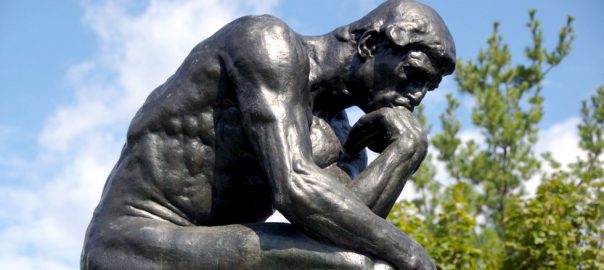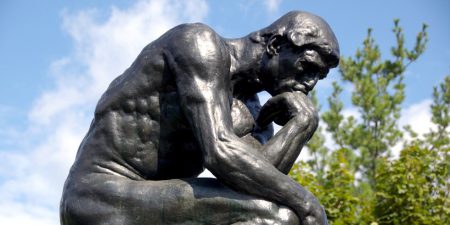The questions come after talks, on twitter, in the days’ incoming tide of email—sometimes even in old-fashioned letters that arrive in envelopes. The most common one by far is also the simplest: What can I do? I bet I’ve been asked it 10,000 times by now and—like a climate scientist predicting the temperature—I’m pretty sure I’m erring on the low side.
It’s the right question or almost: It implies an eagerness to act and action is what we need. But my answer to it has changed over the years, as the science of global warming has shifted. I find, in fact, that I’m now saying almost the opposite of what I said three decades ago.
Then—when I was 27 and writing the first book on climate change—I was fairly self-obsessed (perhaps age appropriately). And it looked like we had some time: No climate scientist in the late 1980s thought that by 2016 we’d already be seeing massive Arctic ice melt. So it made sense for everyone to think about the changes they could make in their own lives that, over time, would add up to significant change. In The End of Nature, I described how my wife and I had tried to “prune and snip our desires,” how instead of taking long vacation trips by car we rode our bikes in the road, how we grew more of our own food, how we “tried not to think about how much we’d like a baby.”
Some of these changes we’ve maintained—we still ride our bikes, and I haven’t been on a vacation in a very long time. Some we modified—thank God we decided to have a child, who turned out to be the joy of our life. And some I’ve abandoned: I’ve spent much of the last decade in frenetic travel, much of it on airplanes. That’s because, over time, it became clear to me that there’s a problem with the question “What can I do.”
The problem is the word “I.” By ourselves, there’s not much we can do. Yes, my roof is covered with solar panels and I drive a plug-in car that draws its power from those panels, and yes our hot water is heated by the sun, and yes we eat low on the food chain and close to home. I’m glad we do all those things, and I think everyone should do them, and I no longer try to fool myself that they will solve climate change.
Because the science has changed and with it our understanding of the necessary politics and economics of survival. Climate change is coming far faster than people anticipated even a couple of decades ago. 2016 is smashing the temperature records set in 2015 which smashed the records set in 2014; some of the world’s largest physical features (giant coral reefs, vast river deltas) are starting to die off or disappear. Drought does damage daily; hundred-year floods come every other spring. In the last 18 months we’ve seen the highest wind speeds ever recorded in many of the world’s ocean basins. In Basra Iraq—not far from the Garden of Eden—the temperature hit 129 Fahrenheit this summer, the highest reliably recorded temperature ever and right at the limit of human tolerance.
July and August were not just the hottest months ever recorded, they were, according to most climatologists, the hottest months in the entire history of human civilization. The most common phrase I hear from scientists is “faster than anticipated.” Sometime in the last few years we left behind the Holocene, the 10,000 year period of benign climatic stability that marked the rise of human civilization. We’re in something new now—something new and frightening.
Read more: Ecowatch

